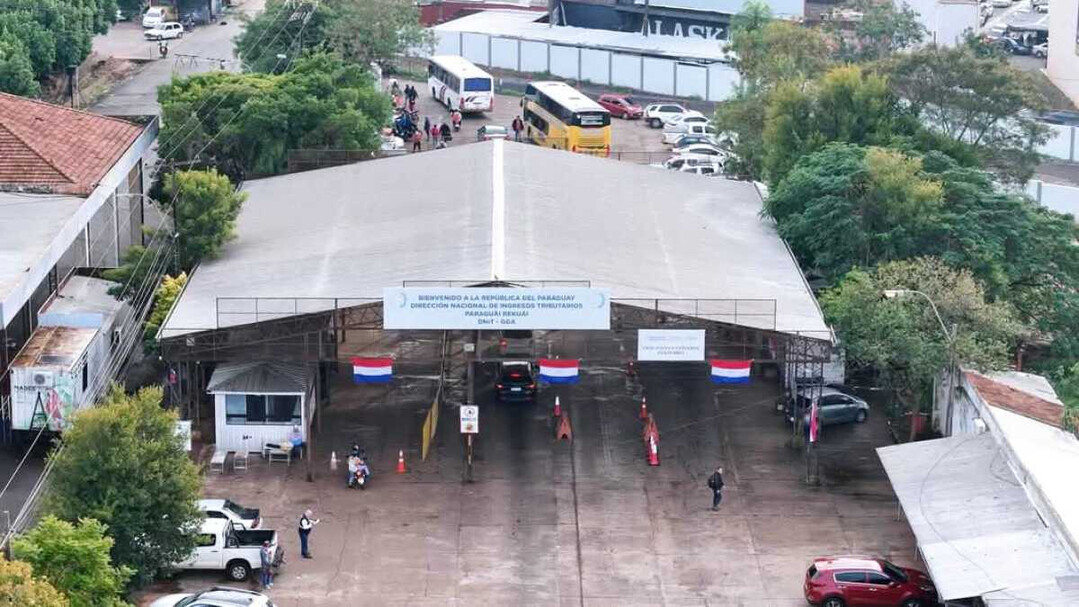
An international simulation exercise was successfully carried out in Encarnación, Paraguay, and Posadas, Argentina, border regions of the two countries, to strengthen their health response capacities and establish a rapid cooperation system in the event of an emergency. This exercise provided a crucial opportunity to review preparedness for disaster and health crisis situations and evaluate cooperation mechanisms between the two nations.
Four Days of Intensive Training and Evaluation
The exercise was intensively conducted over four days (Monday to Thursday) at various points in Encarnación and Posadas. The main objectives of the training were to evaluate inter-agency coordination mechanisms, the response capabilities of health services, surveillance systems, communication protocols, and response measures in case of internationally significant public health events.
During the training, health authorities from both countries established an organic cooperation system based on realistic scenarios, identified potential problems, and sought improvement measures. Participants emphasized that this exercise was not merely a practice but a practical platform for cooperation.
A Model of Regional Integration: Cooperation Across the Paraná River
Dr. María Teresa Barán, Paraguay's Minister of Health and Social Welfare, described the exercise at the closing ceremony as "a historic week of simultaneous bilateral field exercises between the two countries," emphasizing that the operational integration of the two countries' health systems across the Paraná River is "a concrete example of regional integration and a model that has a real impact on people's lives."
This exercise was carried out within the framework of the 'Posadas-Encarnación Emergency Plan,' promoted as part of Mercosur's South-South Cooperation with technical assistance from the Pan American Health Organization (PAHO). This is the fruit of efforts to recognize the importance of joint responses to cross-border diseases and health threats and to strengthen international cooperation for this purpose.
Identification of Strengths and Areas for Improvement Through Training
Minister Barán noted that the training results "showed important strengths but at the same time clearly revealed areas where we need to improve our structural and logistical capabilities to respond to health emergencies." This signifies that the exercise not only helped determine success but also contributed to identifying specific areas for improvement for future preparedness.
Key simulation scenarios identified during the training included: ▲health controls at border crossing points; ▲hospital response to suspected cases of internationally significant diseases; and ▲activation of the surveillance system of the Expanded Program on Immunization (PAI). In particular, activating the surveillance system in anticipation of vaccine-preventable disease outbreaks was a crucial training element, considering the characteristics of the border region.
The Importance of Cross-Border Health Cooperation
Minister Barán stressed that "geographical boundaries do not exist for vectors, diseases, or health emergencies, so it is essential for health systems to work closely together." She emphasized that this simulation exercise was "a concrete step towards a more coordinated and effective response in times of crisis," once again highlighting the need for joint responses to the spread of diseases across borders.
The training was evaluated as having achieved significant results in areas such as ▲operational communication, ▲resource mobilization, ▲coordination with ambulance systems, and ▲hospital actions. Simultaneously, recommendations for future improvement were also presented, including ▲strengthening the correct use of personal protective equipment and ▲improving transfer logistics in complex scenarios.
Active Participation of Mercosur Countries
Experts from Mercosur member countries, including Brazil and Uruguay, actively participated in this exercise, alongside Paraguay and Argentina. Border area teams, health personnel, control agencies, and civil defense officials also joined the training, contributing to the establishment of a multi-layered cooperation system in the border region. This is considered an important example of Mercosur's efforts to strengthen health security, demonstrating how countries in the region cooperate against common threats.
This international simulation exercise demonstrates that Paraguay and Argentina are making practical efforts to strengthen health security in their border regions and prepare for future health crises. Through this, the health response capacity of both countries, as well as the entire Mercosur bloc, is expected to be further enhanced.
[Copyright (c) Global Economic Times. All Rights Reserved.]




























